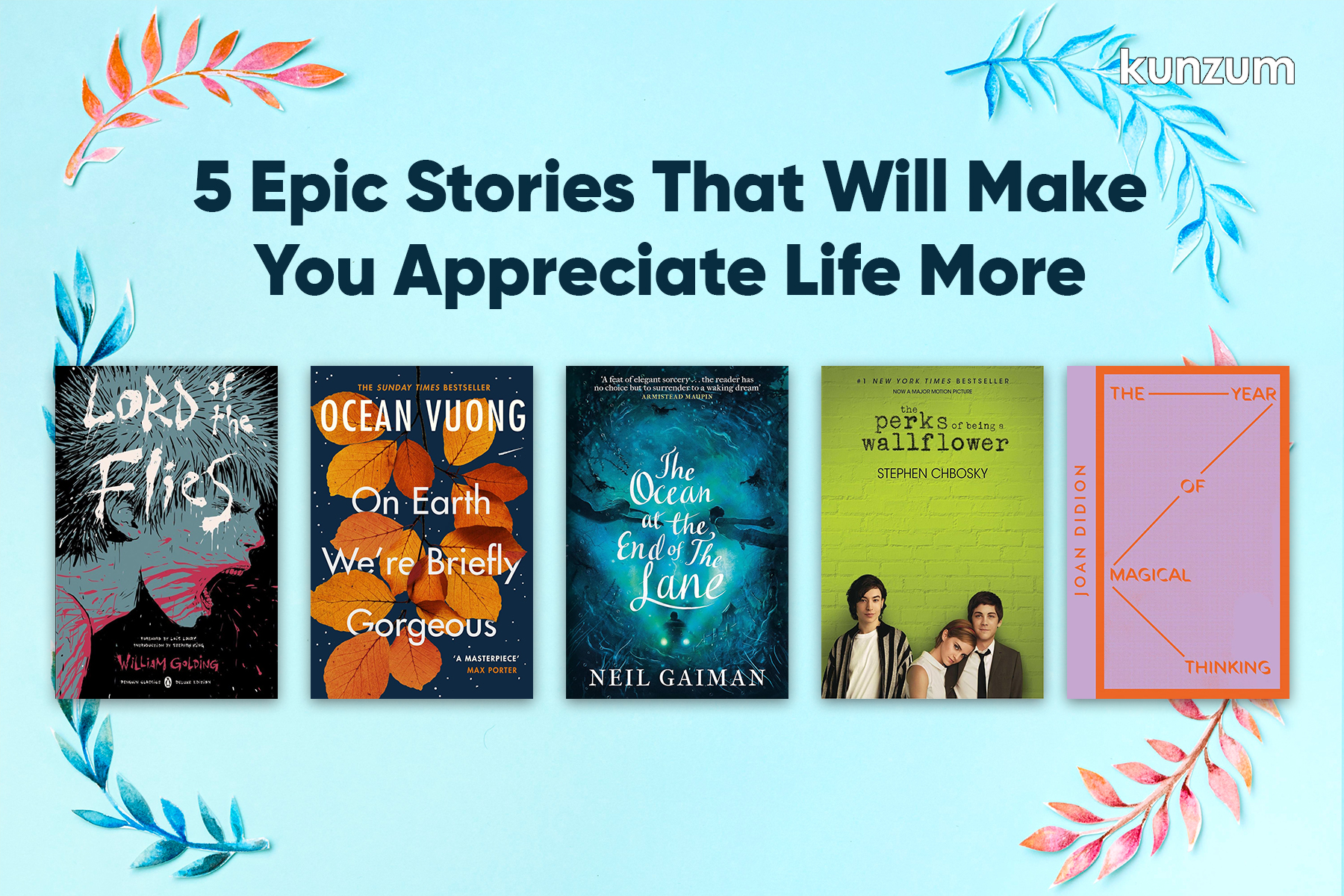
It is seldom that literature fails to grant us the refuge we need and crave. The idea of life alters, there is elasticity to it, allowing it to bend towards the unknown or the hardiness of ‘no return’. Nevertheless, life goes on. Such is the strength of these five narratives which teach us, in an effervescent manner, how to go all in and plunge into the uncertainty, precariousness and risks, adorned as life.
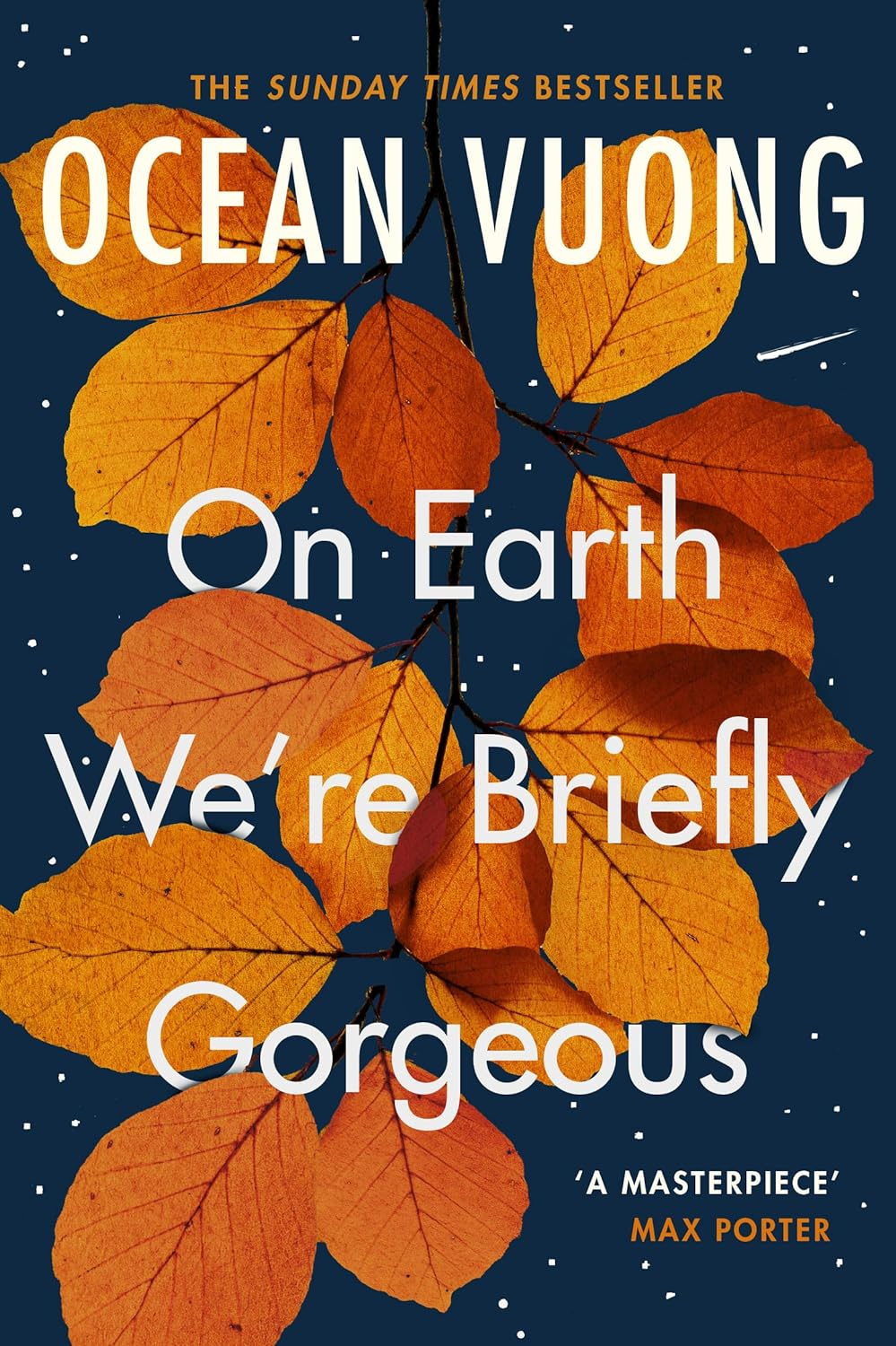
On Earth We’re Briefly Gorgeous by Ocean Vuong
Vietnamese-American, a second generation immigrant, Ocean Vuong broke the literary scene with his debut epistolary novel, an ode from a son to an illiterate mother, a poetic kinesis of a place and phenomenon. A finalist in the 2020 PEN Award For Fiction, Vuoung autobiographically writes of Little Dog, the nickname preferred by his mother Hong, lovingly called Rose. The book presents a dynamic non-linear narrative structure that gently runs along the sinews of memory, the plot running along the story of grandmother Lan, who managed to break free from a forced marriage during the Vietnam War and lived a large part of her life as a prostitute. Rose, born to a white American soldier, had to leave school at the age of five when it collapsed due to the Napalm Raid. And yet the novel captures a glimmer of hope, building faith and finding resilience in the idea of starting life anew, figuratively and triumphantly.
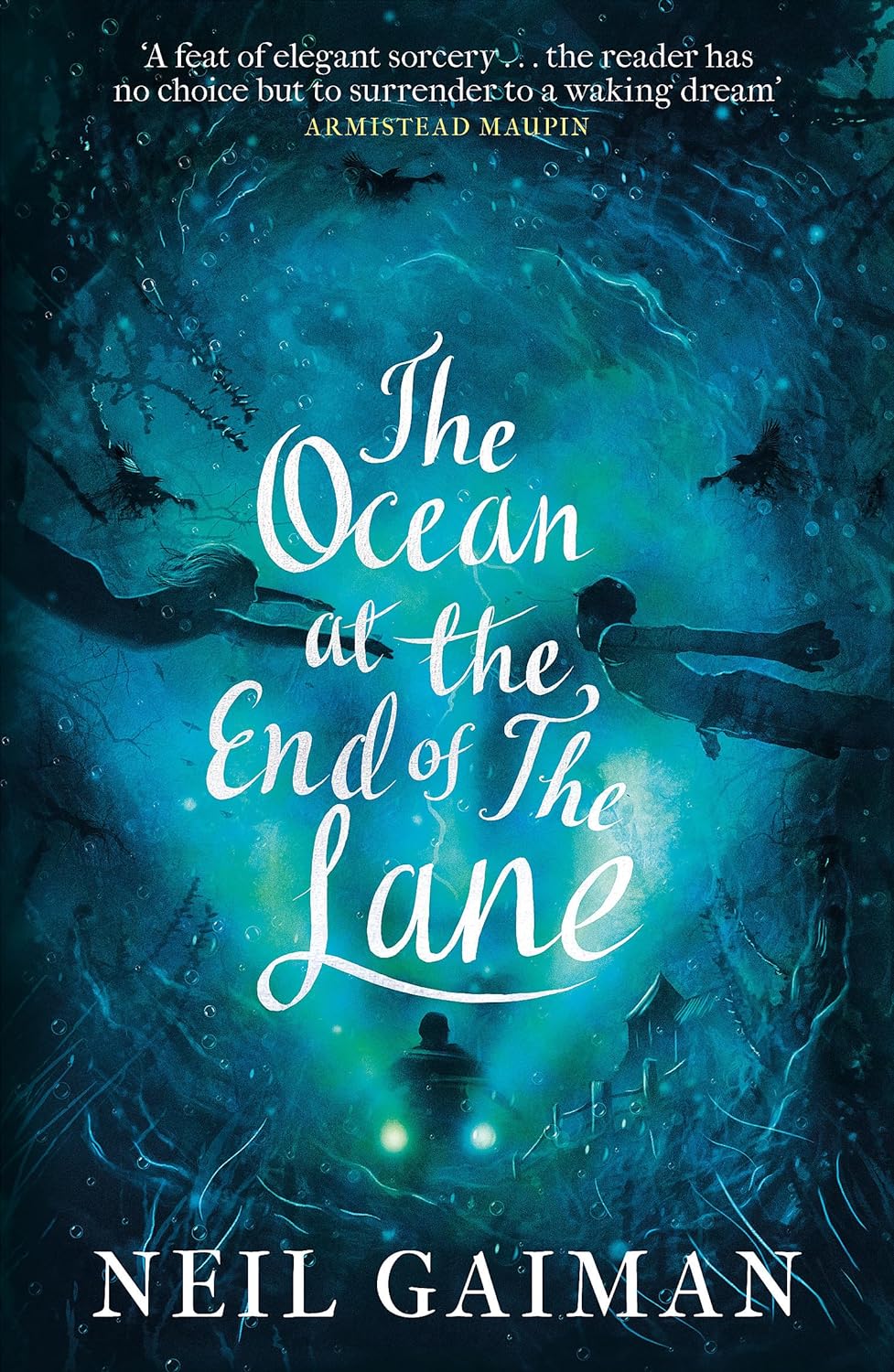
The Ocean at the End of the Lane by Neil Gaiman
Written in 2013, Neil Gaiman’s The Ocean at the End of the Lane is starkly different from his previously venerated works, being his second adult novel after the 2005 Anansi Boys. The story follows an anonymous man who returns to his hometown to attend a funeral and revisits spaces long lost from memory. He recalls a girl named Lettle Hempstock and encounters her house who, like a character in itself, significantly contributed to forming the nuances of his childhood. An opal miner, who took shelter in his ancestral home, committed suicide in the back seat of his father’s car, having gambled away his friend’s money. Following this, the narrative moves along a supernatural pathway. The novel’s shift from the past to the present carries a message of resilience, perseverance and appreciation of life in more ways than one.
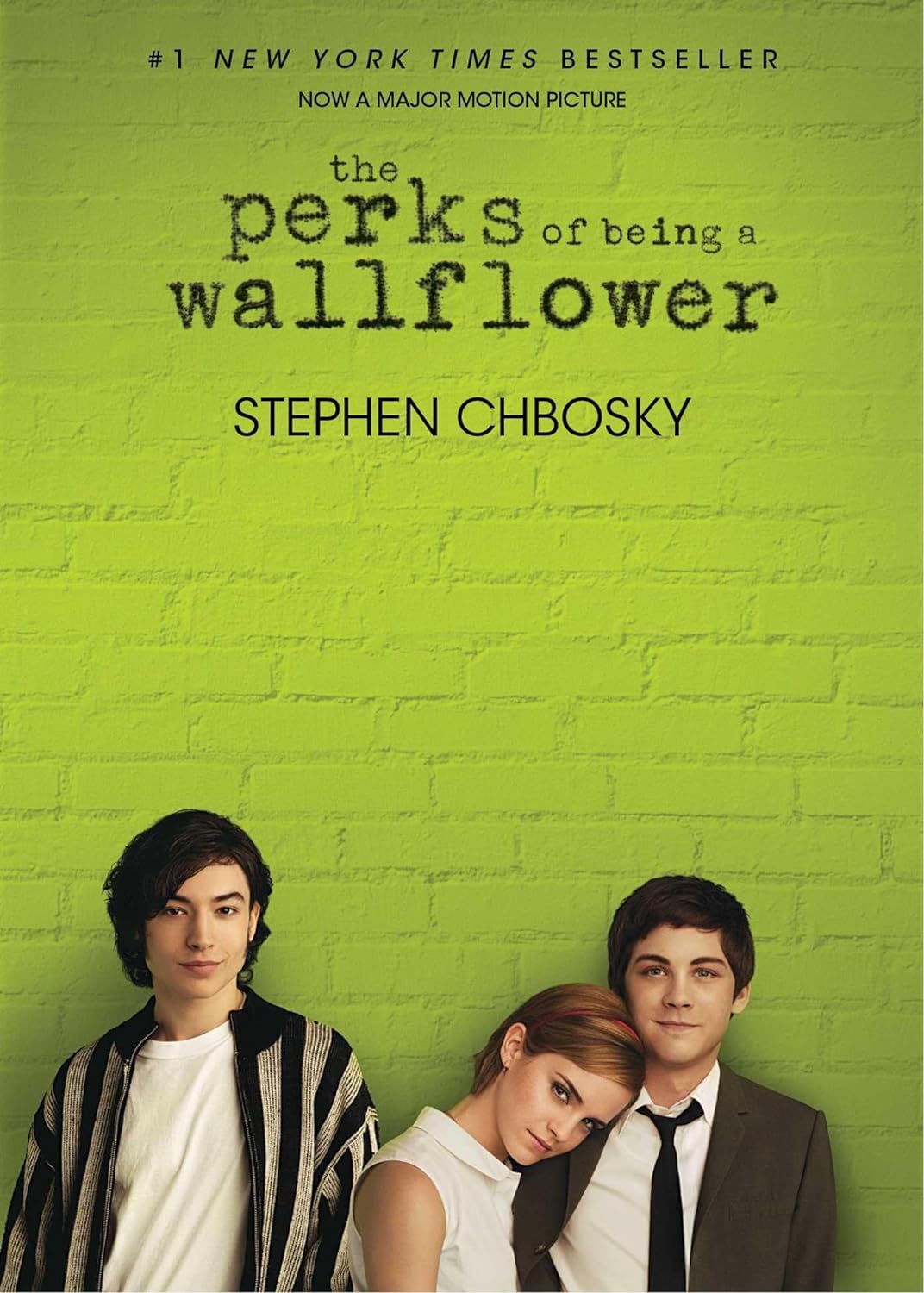
The Perks of Being a Wallflower by Stephen Chbosky
Adapted into a highly popular and acclaimed film, this young adult novel was written in 1999, going on to become a bestseller by Stephen Chbosky. Set in the latter half of the 1900s, the novel follows the freshman years of an introverted and introspective teenager named Charlie, who writes letters about his life to an unknown pen pal, ‘Dear Friend’. He mentions traumatic events, like the death of his aunt Helen, and the multifaceted events of his adolescence, from the abuse of his sister at the hands of her boyfriend, to his exposure to drugs and the attachment issues caused by a distant father. The takeaway from the novel is the beautifully crafted ‘derealization’ processes, wherein Charlie gradually begins to come to terms with his past. He writes – “Even if we don’t have the power to choose where we come from, we can still choose where we go from there.”
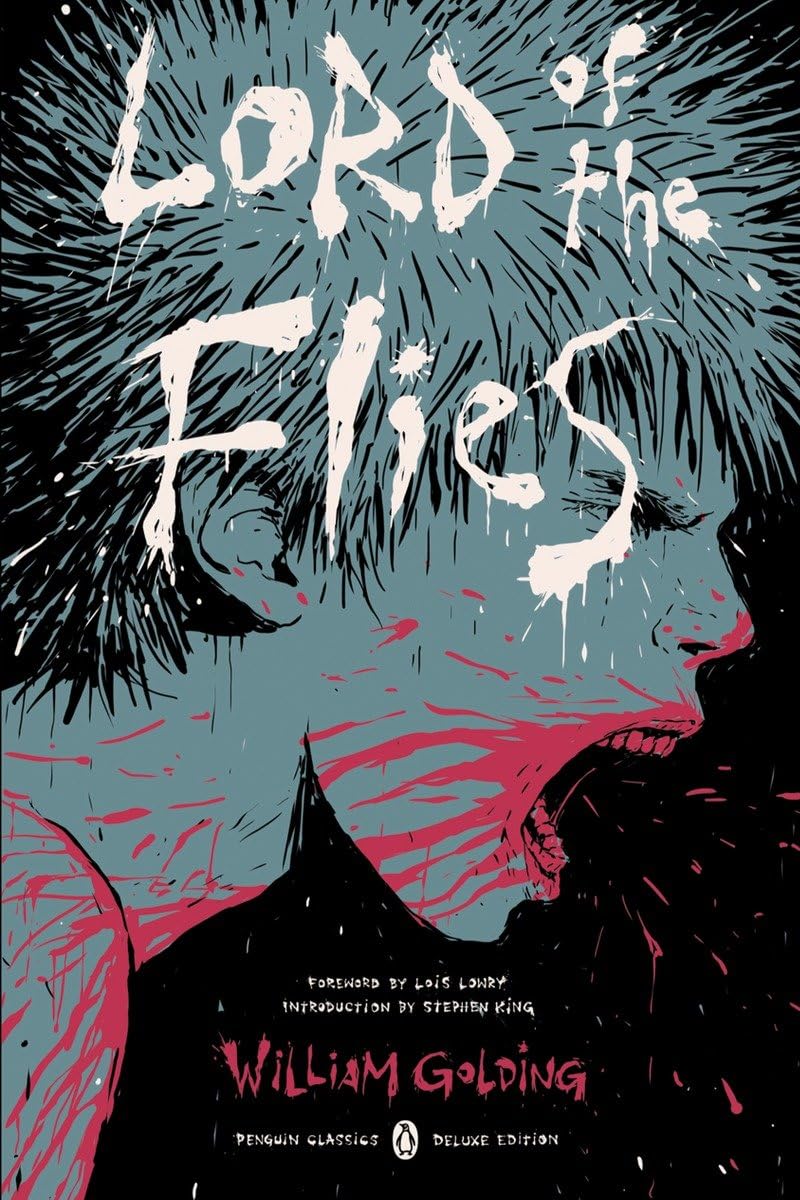
Lord of the Flies by William Golding
Golding’s debut novel is a gem from 1954, showcasing the fatality and futility of wartime evacuation. When a British plane crashes on a remote island, a group of preadolescent boys are left stranded amidst the Pacific Ocean, with no help in sight. Moulded by the passage of time, the motley crew attains pronounced definition, with the athletic ‘leader’ Ralph, an infuriated antagonist Jack, a spiritual Simon, an observant Roger, the intellectual Piggy and the twins Sam and Eric, all beginning to collaborate against the visible cracks in their survival strategy. The competitive modality of the plot complicates their teamwork, forcing them to reconsider pathways – “We did everything adults would do. What went wrong?” The crux of the novel lies in their innate flexibility and enthusiasm. Ralph takes on the helm to convince them of the absence of any beast, while Jack takes the boys on a wild pig hunt, using Piggy’s glasses to create a signal fire.
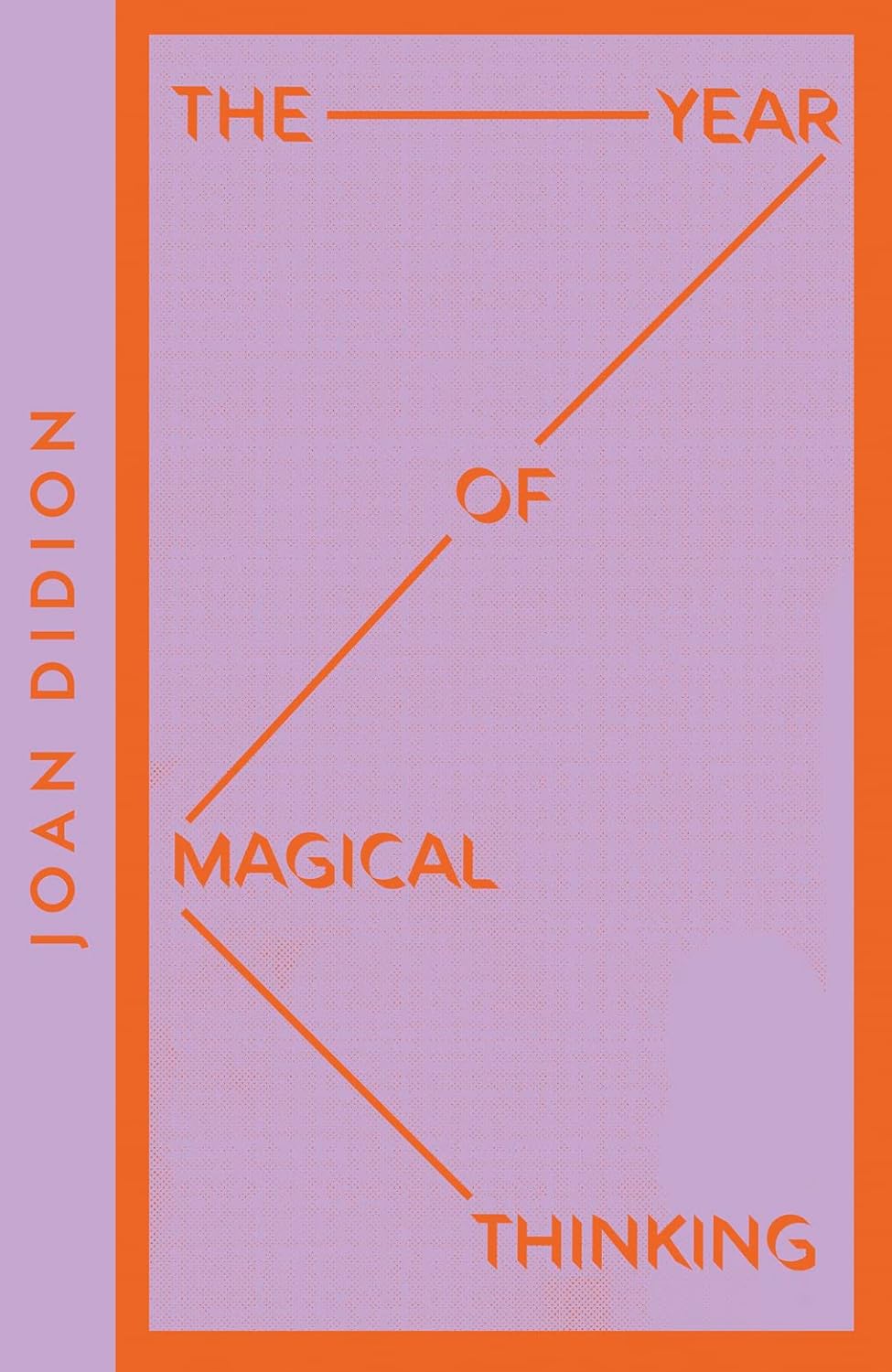
The Year of Magical Thinking by Joan Didion
As the author recounts her husband’s death in this literary marvel, her mourning turns into an adept recollection of unknown possibilities and an unceasing replay of experiential shifts through emotional and physical reanalysis. Winner of the 2005 National Book Award for Nonfiction, this novel portrays buoyancy and fecundity as it anthropologically explores the theme of unobstructed optimism. The author intentionally strives to persistently carry a tone of meaningful reportage, a detachment from fervent expressions of raw emotion. The book takes on a life of its own, researching about derangement, which the author fails to find enough material on. It is a fresh take on the hopelessness of medical knowledge, a belief that a bunch of ‘right’ actions can reverse the adverse effects of a drastically tragic event.
Pick up any of these 5 Epic Stories That Will Make You Appreciate Life More from any Kunzum store or WhatsApp +91.8800200280 to order. Buy the book(s) and the coffee’s on us.

About the Author
Pritha Banerjee has completed her Masters in English Language & Literature from the University of Delhi. She was the recipient of the National Essay-writing Award from the SREI Foundation in 2014. Currently acting as a writer and translator for the Sankrityayan-Kosambi Study Circle, her latest publications include articles in ‘South Asian Women’s Narratives: Literatures of Their Own’ by Cambridge Scholars Publishing, FIPRESCI India, Muse India, Pashyantee: A Bilingual Journal, and Anustup Prakashani. Her upcoming translation of Rahul Sankrityayan’s ‘Dimaagi Gulaami’ is to be published by LeftWord Books. Find her on Instagram, Twitter and Facebook!
